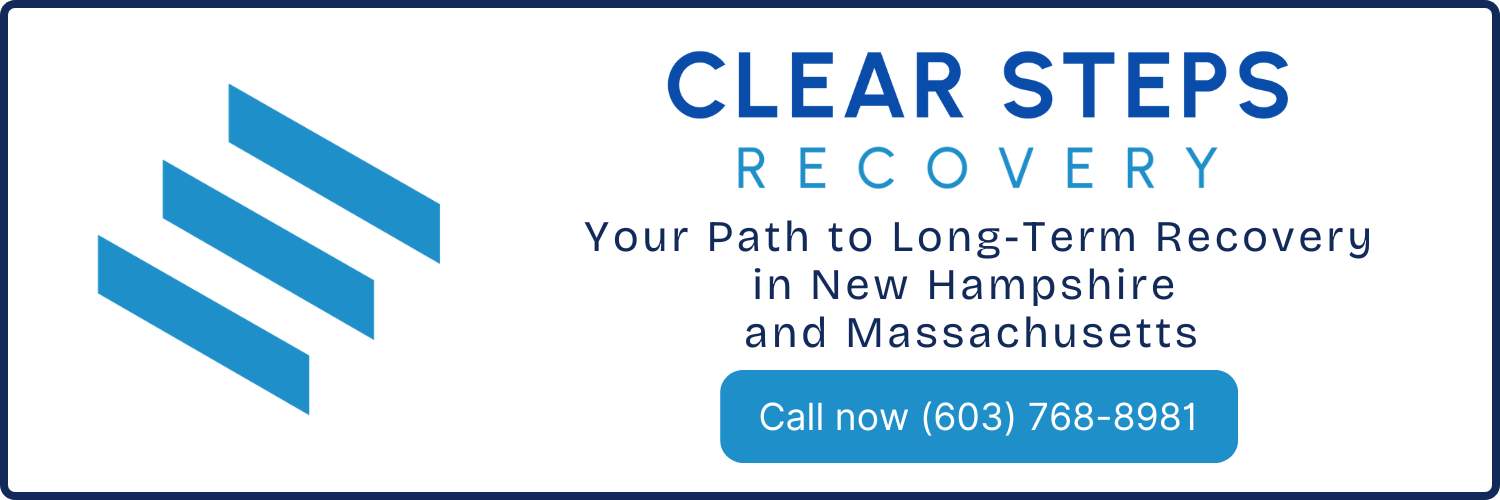Staying Sober: Clear Steps That Make a Difference
July 31, 2025
Discover practical, proven tips for staying sober and avoiding relapse. Whether you're newly sober or years into recovery, these strategies can help you stay on track and thrive.
Questions like “Can I do this forever?” or “What if I slip up again?” can stir up anxiety, doubt, and even hopelessness. Feeling this or having these thoughts is completely understandable. Recovery is hard.
The good news is that it’s not impossible. The right tools, steady support, and a day-by-day mindset can make sobriety something you can achieve.
In this article, we’ll walk you through nine practical, encouraging tips to help you stay on track by making every day more manageable.
Table of Contents
- Why the “One Day at a Time” Mindset Matters in Recovery
- 9 Daily Tips for Staying Sober
- One Day Can Change Everything — Start Yours With Clear Steps Recovery
The “One Day At A Time” mindset helps take your focus off the future and brings your attention back to where it matters most: today.
When you break life into 24-hour pieces, things start to feel more manageable. Each day becomes a new chance to show up for yourself. You don’t have to have all the answers. You just have to take the next step that’s in front of you.
This way of thinking takes some of the pressure off and makes room for self-compassion. Not every day will go smoothly, and that’s okay. Setbacks happen. Feeling discouraged or unsure is something many people go through in recovery. It doesn’t mean you’ve failed; you’re human.

#1: Start Each Day With Intention
How you start your morning can shape your whole day, especially when you’re in recovery.
That might mean jotting down a few thoughts in a journal, setting a simple goal, or asking yourself, “How do I want to show up today?” Maybe it’s saying a morning prayer, repeating a mantra, or just sitting with your coffee in stillness before the world gets loud.
There’s no single “right” way to do it. What matters is making a little space to reconnect with what matters to you. These small rituals help you put yourself in the direction you want to go.
#2: Avoid Triggers and High-Risk Situations
Cravings and urges don’t come out of nowhere; they’re most likely triggered. They often begin with frustration, stress, loneliness, or emotional discomfort. Besides avoiding a familiar bar or the person you used to use with, recognizing these internal states is a powerful step.
This doesn’t mean you have to live in fear of being “triggered.” Plan ahead, be honest with yourself, and give yourself permission to skip a situation if you know it might push your limits.
Create an “escape plan” if you need to be somewhere challenging — know who you can call, where you can go, and what steps you’ll take to protect your sobriety.

#3: Build and Rely on a Support Network
One of the most powerful things you can do each day is lean into connection, whether that’s with a peer, a sponsor, a mentor, a therapist, or a trusted friend.
For example, a sponsor is someone who’s walked this path before you, someone who gets it because they’ve been there before. While sponsorship may not be part of every recovery journey, the principle behind it — trusting someone enough to reach out when things get tough — is universal.
Don’t isolate. Recovery can feel heavy when you try to carry it alone, and there’s real strength in joining recovery groups, weekly meetings, or simply saying, “I need support right now.”
#4: Use the HALT Method
HALT stands for Hungry, Angry, Lonely, Tired — four common states that can make you feel more vulnerable in recovery. When you’re feeling off, overwhelmed, or tempted to disconnect from your progress, HALT is a reminder to pause and check in with yourself.
Maybe you grab something to eat, take a short walk, reach out to a friend, or give yourself time to rest. Small, mindful choices like these can help you stay grounded and resilient. You deserve to understand your needs — and to take care of them.

#5: Replace the Urge With a Healthy Action
Urges can feel strong, but they always pass. When one shows up, try replacing it with a simple, healthy action:
- Go for a walk.
- Call someone you trust.
- Write out what you’re feeling.
- Step outside.
- Hydrate.
Some people use “urge surfing” — noticing the urge without judgment and letting it rise and fall like a wave. Others turn to any distraction that keeps their hands and minds busy.
You don’t have to fight the urge; move through it. Every time you do, you strengthen your path forward.
#6: Create Purpose and Structure in Your Life
Recovery thrives on consistency. Having a sense of purpose and a plan for your day can help you stay focused and steady. That might mean setting goals, volunteering, returning to work, or finding new ways to give back. Structure and habits don’t have to be rigid. It’s about creating a rhythm you can return to and that reminds you of your goal.
Even small routines make a difference. Use a planner, calendar, or app to track your time and your progress. Celebrate the days you’ve stayed sober. Make space for things that matter to you.

#7: Celebrate Milestones — Big and Small
Taking time to celebrate your milestones, whether they are big or small, can have a real impact on your journey. These moments of recognition do more than just mark time. Celebrating milestones may:
- Reinforce the positive choices you’re making
- Boost motivation
- Help reflect on your hard work and see how far you’ve come
- Renew your sense of purpose
- Strengthen your support system and deepen your sense of connection
- Help reduce the stigma around substance use disorder
- Reinforce your own sense of self-worth
#8: Find Professional Help
The most effective type of professional help will give you more than just structure — it gives you space to breathe and find yourself, tools to achieve a steady recovery, and an experienced team who truly understands what you’re going through and how to help you achieve sobriety.
At Clear Steps Recovery, our Day Treatment options are designed to meet your needs. Whether you’re early in recovery or momentarily navigating a tough patch, we’re here to support you with empathy, not judgment, and with care that moves at your own rhythm. You’re not alone, and you don’t have to go through this alone.

#9: Commit to Aftercare Support Systems
Recovery doesn’t end the day treatment does. Life keeps moving, and staying connected to support makes a big difference, especially on the hard days.
That might mean showing up for a community group, reconnecting at an alumni event, or exploring a sober living space that gives you room to freely grow with the right amount of support and structure. These aren’t just boxes to check — they’re ways to stay steady, stay supported, and stay reminded of how far you’ve come.
Staying sober is a daily choice; on some days it might be easier to make that decision, and on others it might be harder. Regardless, it’s a decision you don’t have to make alone. With the right support, tools, and mindset, long-term recovery becomes not only possible but sustainable.
At Clear Steps Recovery, we will be honored to walk beside you with care that’s grounded in understanding, not judgment. If you’re ready to take the next step — or even just explore what support could look like — we’re here to answer all your questions. Recovery doesn’t happen all at once, but it does happen, and it can start today.

Learn About Clear Steps Recovery and How We Can Help You
Once you reach out to Clear Steps Recovery, your path becomes clear, and you can get the help and support you need to break the cycle of addiction. Our serene woodland environment promotes physical, mental, emotional, and spiritual healing.
Call today or contact us online to get started.
The Path Is Clear – Take Your First Steps Today with Clear Steps Recovery
With our team and your desire to heal, we can improve your quality of life and functional abilities, so you can get back to living your best life.































.jpg)


















.jpg)
.jpg)
















































